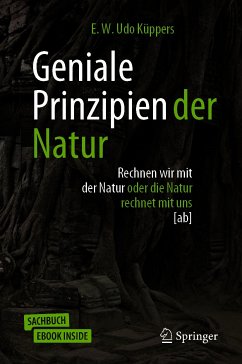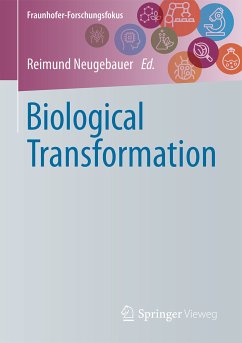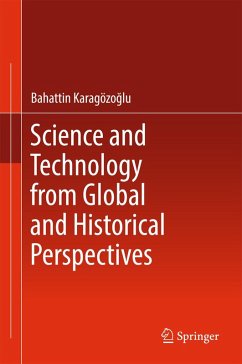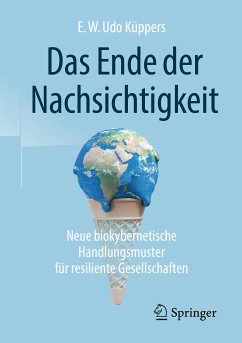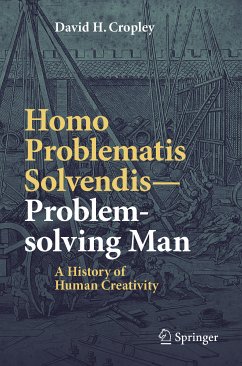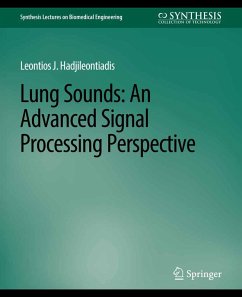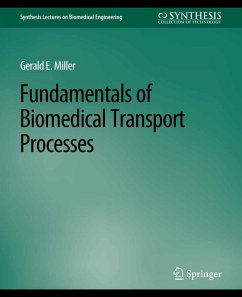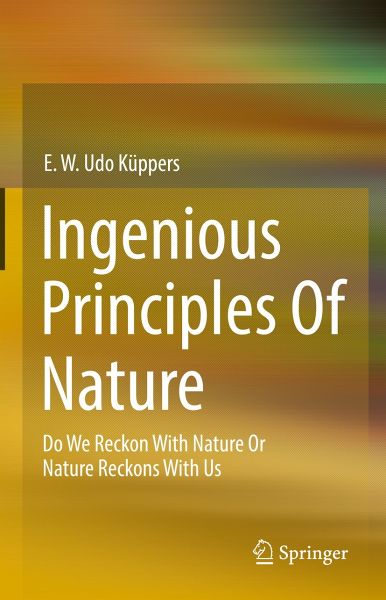
Ingenious Principles of Nature (eBook, PDF)
Do We Reckon With Nature Or Nature Reckons With Us
Versandkostenfrei!
Sofort per Download lieferbar
Statt: 42,79 €**
32,95 €
inkl. MwSt.
**Preis der gedruckten Ausgabe (Gebundenes Buch)
Alle Infos zum eBook verschenkenWeitere Ausgaben:

PAYBACK Punkte
16 °P sammeln!
This volume focuses on practical applications of the principles that can be transferred from nature to our design space. It is thereby supported by the regulation and control systems as described by the science of cybernetics.
Dieser Download kann aus rechtlichen Gründen nur mit Rechnungsadresse in A, B, BG, CY, CZ, D, DK, EW, E, FIN, F, GR, HR, H, IRL, I, LT, L, LR, M, NL, PL, P, R, S, SLO, SK ausgeliefert werden.



